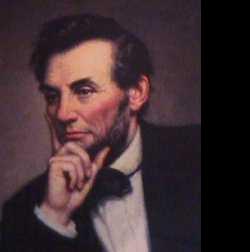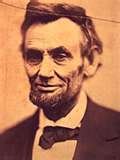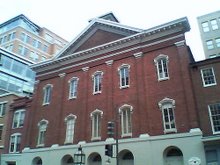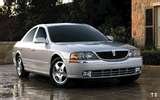
There are many little known facts about Lincoln. He was the first president to be born outside the original thirteen colonies. His favorites sport was wrestling. The scar over his right eye was the result of a fight with a gang of thieves. But some facts are downright bizarre. For instance, did you know...
Lincoln once had a dream right before the fall of Richmond that he would die. He dreamt that he was in the White House, he heard crying and when he found the room it was coming from he asked who had died. The man said the President. He looked in the coffin and saw his own face. A week later Lincoln was shot at Ford's Theatre.
Abraham Lincoln was shot while watching a performance of Our American Cousin at Ford's Theatre in Washington, D.C. The same play was also running at the Maverick Theatre in Chicago on May 18, 1860, the day Lincoln was nominated for president in that city.
He was the first president to be photographed at his inauguration. John Wilkes Booth (his assassin) can be seen standing close to Lincoln in the above picture of the Second Inaugural. Booth can be seen in the crowd at the top and accomplices David Herold, Lewis Powell, George Atzerodt, John Surratt and Edmund Spangler in the bottom crowd. Frederick Douglass commented on that day, "I was present at the inauguration of Mr. Lincoln, the 4th of March, 1865. I felt then that there was murder in the air, and I kept close to his carriage on the way to the Capitol, for I felt that I might see him fall that day. It was a vague presentiment."Robert Todd Lincoln arrived too late to stop three separate presidential assassinations. He met his father, President Abraham Lincoln, at the theatre after John Wilkes Booth had fired the shot. He went to a Washington train station to meet President Garfield, arriving only minutes after he was shot. And, he traveled to Buffalo, New York to meet President McKinley, but got there after the fatal shot had already been fired.
Where did I get all this stuff? Check out "Lincoln Site Tours: Trivia" at http://www.lincolnsitetours.com/trivia.html.














